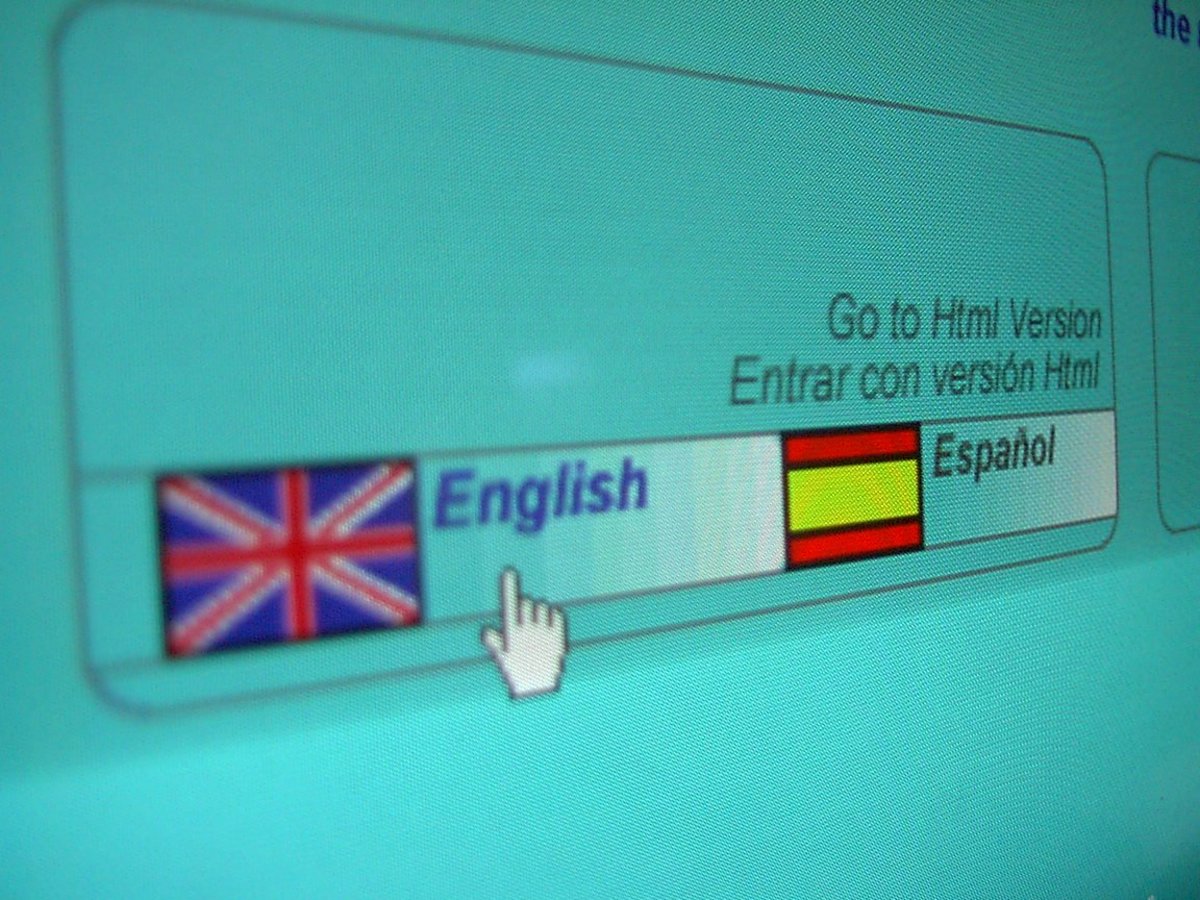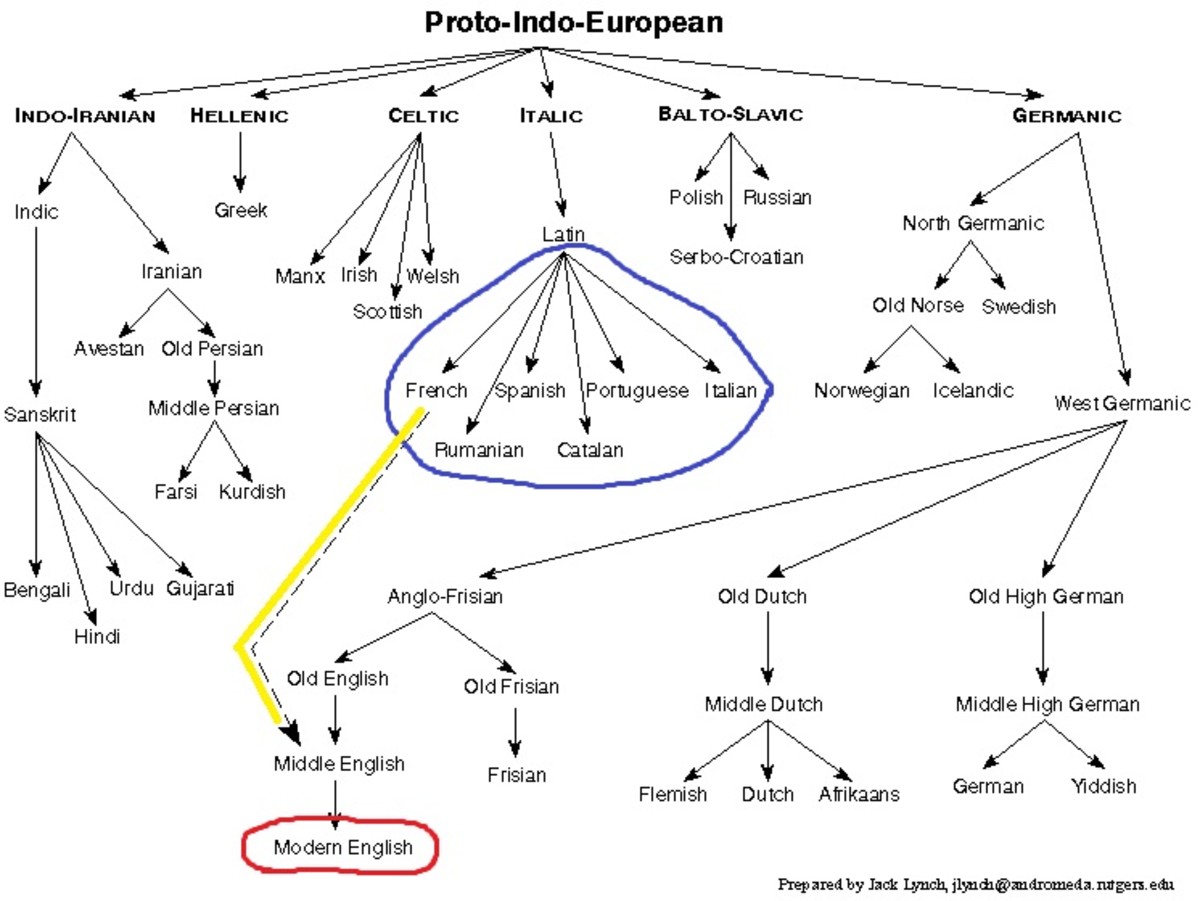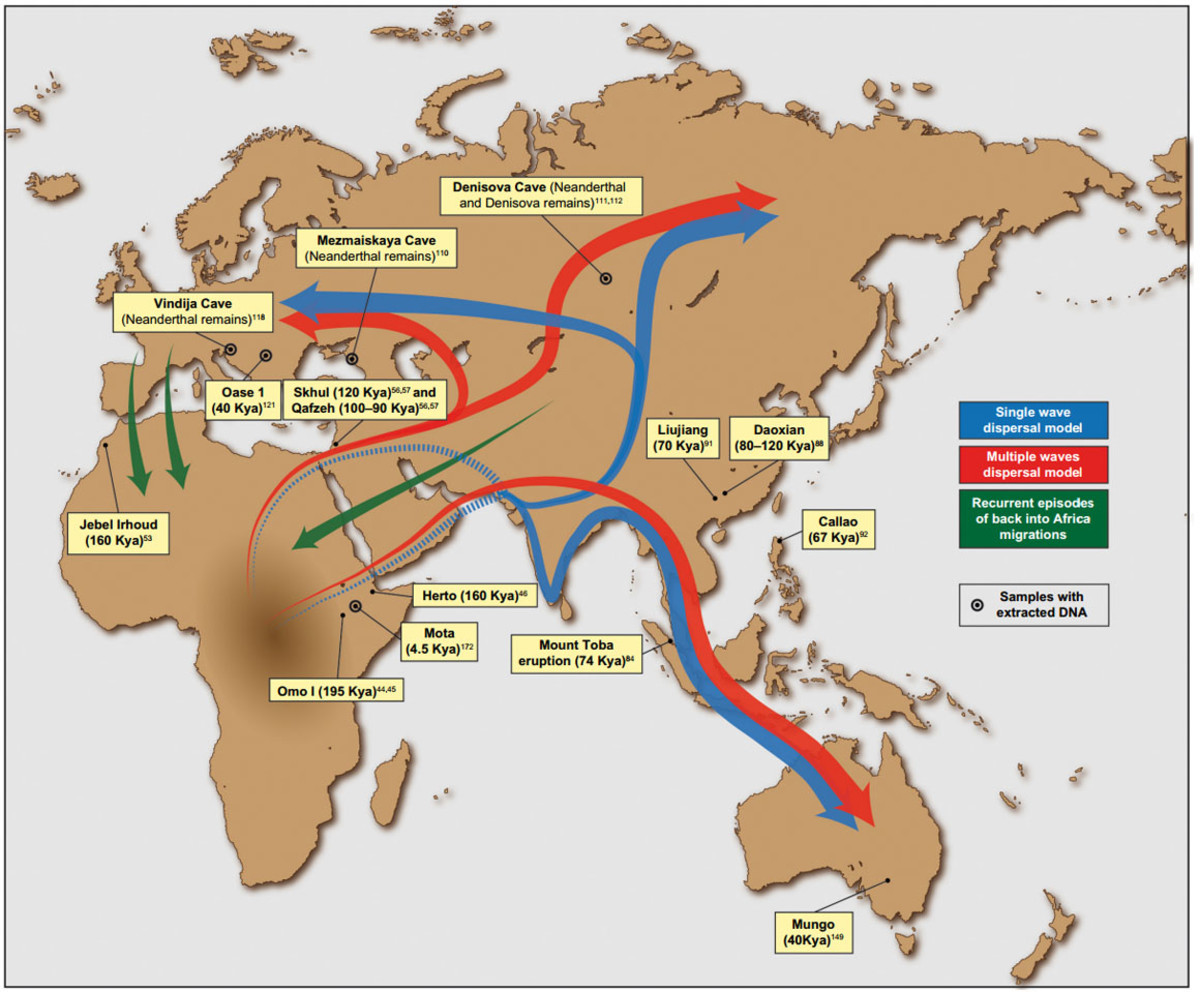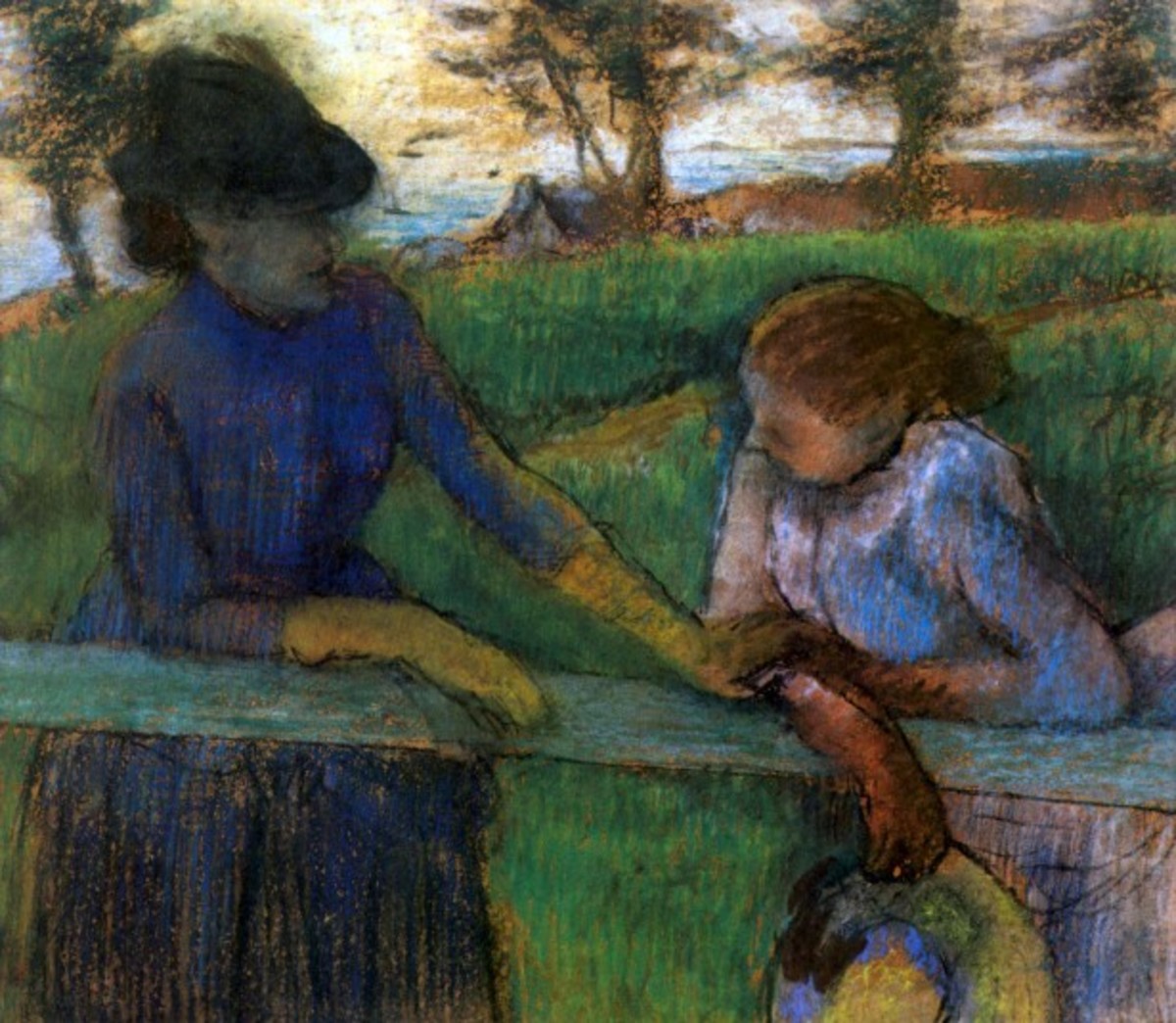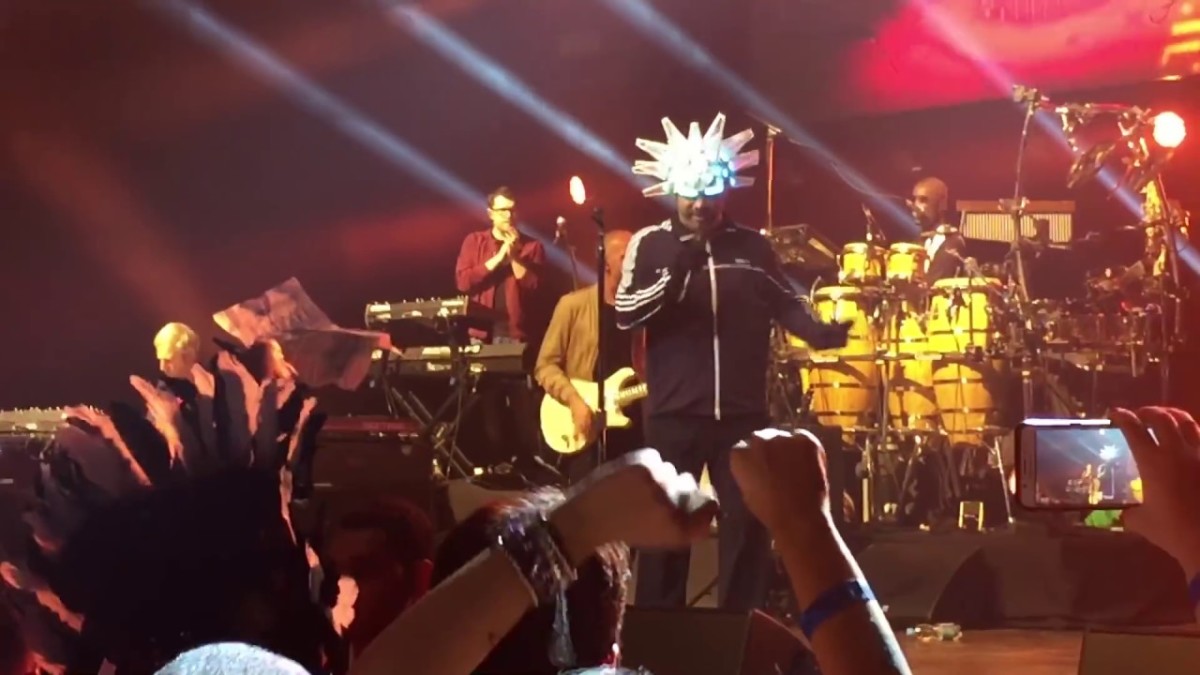The Language of Zimbabwean Cinema: Do We Have Dialogue?
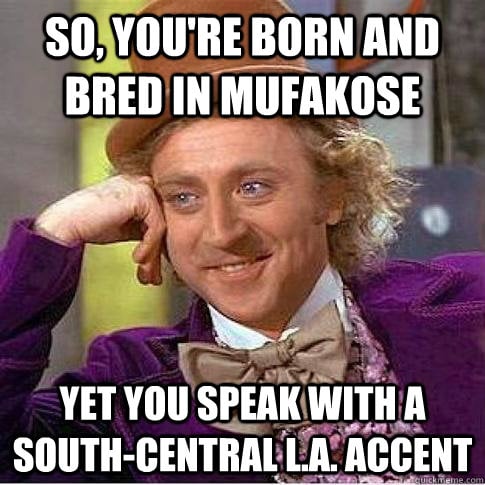
This is my third instalment, and I am pleasantly surprised at the growing readership from Zimbabwean filmmakers at home and abroad. When I wrote that first article, I hadn't really planned on writing a frequent column on the Zimbabwean film industry. The article was also the subject of the first episode of paChitubu, an online chat-show about Zimbabwean cinema and music.Moreover, the messages have started to pour in. I had no idea that there were so many Zimbabweans keen on seeing the industry stand up on its hind legs.
I will not promise that there will be any more articles after this. It is not that I do not enjoy sharing my take on the creative industry, and it is not that I do not appreciate the fact that there are a lot of people reading my opinions. Rather, at the end of the day, I am still a very busy person, with other committments. I will try to answer some of the questions that readers have been sending in, which should provide material for many articles to come. However, I cannot guarantee that these articles will come as frequently.
Now, to the matter at hand.
A language that you can all understand
Let's talk about English as the language of Zimbabwean cinema.
Zimbabwe is a former British colony. English, the official language of the British Empire, is the official language of the independent Republic of Zimbabwe. It is the most widely spoken language in Zimbabwe. Most Zimbabweans, like myself, speak one of the two main local languages, ChiShona and SiNdebele, and English with equal or near-equal proficiency. So, it is fair to describe most Zimbabweans as bi-lingual. There are other languages spoken in Zimbabwe, Chewa, TshiKalanga, isiXhosa, chiNambya, SeSotho, TshiVenda and others, so there are some people who can boast that they speak several languages. In addition, the ChiShona language itself features many dialects, some so disparate as to be arguably a distinct languages in their own right.
English is the language of education. Virtually all employers do not consider "O" Level passes unless English Language is one of the subjects. A pass in one of the local languages is only useful for careers where such languages are used, such as teaching or journalism but not neccessary for working with the public, such as health practice.
English is the language of government. The Constitution, the Laws, Parliamentary and Judicial procedures are in English. Religion too appears to be expressed in English. Ironically, it was Christian missionaries who practically invented the ChiShona language as we know it today; the dialect in which the Bible, the Catechism etc were translated in to became the language that was taught and evolved in to Standard ChiShona. Nowadays, however, ancestral spirits are exorcised in English by Zimbabwean pastors who need interpeters when they preach to their audience.
English is the language of high culture, which is why for a very long time, local music was shunned by the middle class and anyone aspiring to better themselves socially. As Zimbabwean authors writing in English won international (read British and American) awards, literature in local languages paled in significance. Fluency in English is associated with class, such that an inablity to speak any of the local languages is considered a sign of sophistication. A peculiar social class, the Nose Brigade, exists in Zimbabwe, so-called in allusion to the ChiShona idiom, kutaura chiRungu chemumunho, "speak English through the nose". It was thought that White people made these strange nasal sounds that our ancestors did not realise at first upon intial contact to be a language because part of their vocalisation was aided by their long noses. So, a Nose Brigade speaks English with a European accent (actually most Nose Brigades have only managed to ape the guttural, Dutch-flavoured speech of White Zimbabweans). Another term for Nose Brigade is muSalad. The term may refer to the sophisticated eating parts of the middle-class, but it also carries connotations of being "soft" and "delicate". Both terms may convey admiration or derision for the person to whom they are directed.
The Nose Brigade class has access to digital video cameras, editing software, the internet and all the trappings of modern filmmaking. They have started to make films, in English, depicting the sophistication of Nose Brigade life in all its glory.
However, eyebrows are being raised. Are these films really depicting Zimbabwe? This is the question that I have been asked the last few days. I will go in to imagery and scenery in other articles. This time, I will delve in to the subject of language. My own outlook on language for Zimbabwean cinema will surprise many, for I am, to all extents and purposes, a card carrying member of the Nose Brigade.
The Language of Zimbabwean Cinema
There have been an awful lot of really bad movies coming out of Zimbabwe and the Zimbabwean community abroad of late. One of the most serious flaws in contemporary Zimababwean cinema is the use of English in dialogue. As a screenwriter, I know the value of dialogue in a movie. One of the things we learnt is that if doesn't move the story, it should not be there at all. Take the opening sequence of The Zimbabwe I know, for instance. Take No Matter What. Take any movie that has been made lately. Atrocious pronunciation, verbose chunks of dialogue that do not really add anything to the story, and speech mannerisms that shovel chunks of realism out of the film and leave a huge gaping hole. I mean, do people really speak like that in Zimbabwe? Do they have conversations in English where one speaks in the dialect of Cranborne and Arcadia, another tries to sound Jamaican, and yet another is from Los Angeles, y'know what I'm sayin', homie? It may be someone's idea of coming across as sophisticated and cosmopolitan, but it just sounds absurd.
English is a universal language. This is what the lady who commissioned me to write a screenplay about domestic violence said to me when I suggested that the story would be better done in ChiShona and SiNdebele even if it was set mostly in the UK. English may be a universal language, but the strange Cranborne dialect is not! The rest of the English speaking world struggles to understand this. If no one outside Zimbabwe can follow the dialogue, chances are that no one will want to watch the movie. And if no one wants to watch the movie, chances are that it won't sell beyond the Zimbabwean community abroad....
During a workshop in London some years ago, Menhaj Huda, Kidulthood (2006) director, shared the experience of selling the movie to the American market. He had managed to get a DVD sales deal, but the distributors wanted subtitles because Americans would not be able to understand the London street language of the dialogue. The point I am making is; why let language stand in the way of a sale?
The most successful African films in terms of reaching wider audiences have tended to be in indigenous languages. Immediate examples are the works of Sembene and Mambety in West Africa, and Gavin Hood in Southern Africa, which are all in African languages. Xala(1975) by Ousmane Sembene is in Wolof, and the director, who is now late, has been called the Father of African Cinema. Xala was rated one of the 100 Best Films of World Cinema by Empire magazine in 2010.Films in African languages have reached wider audiences because of the power of subtitles to open up a film to audiences other than America and the UK. I was in Germany recently, and all the television I got to see was in German. I could not help noticing a strong interest in Africa. Slap German subtitles on Sabhuku Vharaizipi, and I am confident that you will have a sale!
OK, so if that is the case, then what is wrong with original English dialogue in a Zimbabwean film if all we have to do is put subtitles on? To answer that, Iet's go back to the opening confrontation scene in The Zimbabwe I Know. The actresses were struggling to act and speak a second language at the same time. The same could be said about any of the movies that have come out of Zimbabwe lately. It is painful to watch these actors trying to deliver their lines. If the acting is messed up, no amount of subtitles will redeem a movie. And we are stuck again with a movie that won't sell.
So, despite English being a popular language in Zimbabwe, it acts as a restraint to a more profound dialogue in Zimbabwean cinema. It creates problems for actors that should not be there. It makes our work unsellable, even to the English-speaking audiences of the West, to whom we are so desperately trying to prove that we are as modern and trendy as they depict themselves in their films. And if we say we are making films in English in order to reach a wider audience yet fail dismally to achieve that because we are using English, then it is time to change that.

